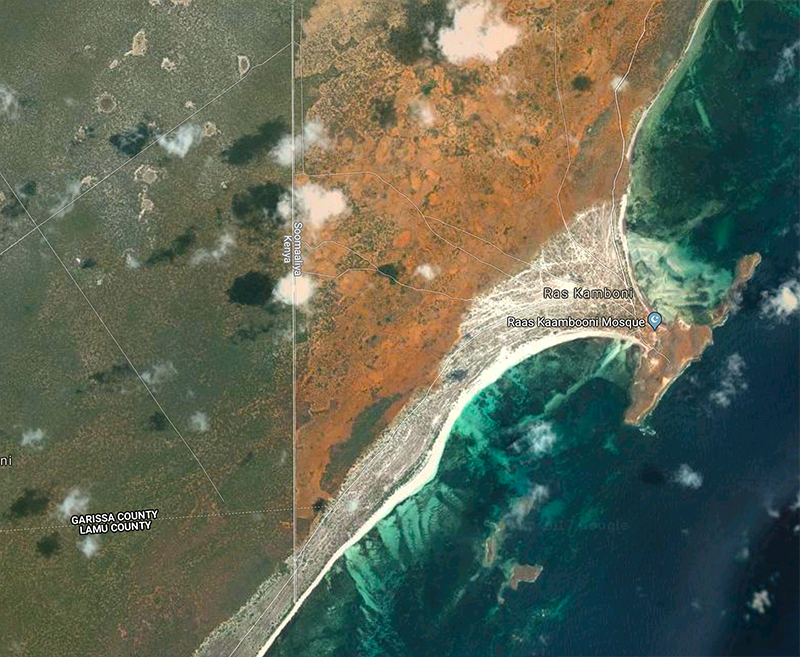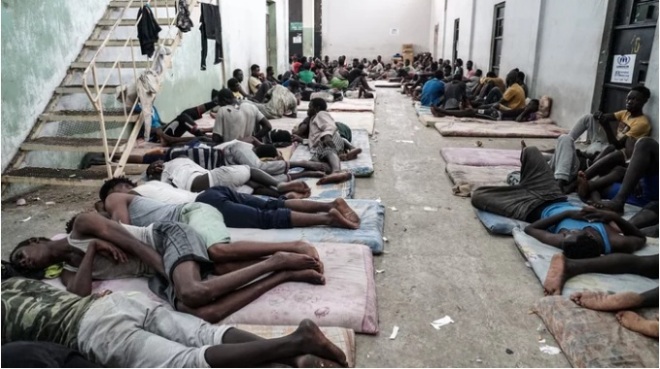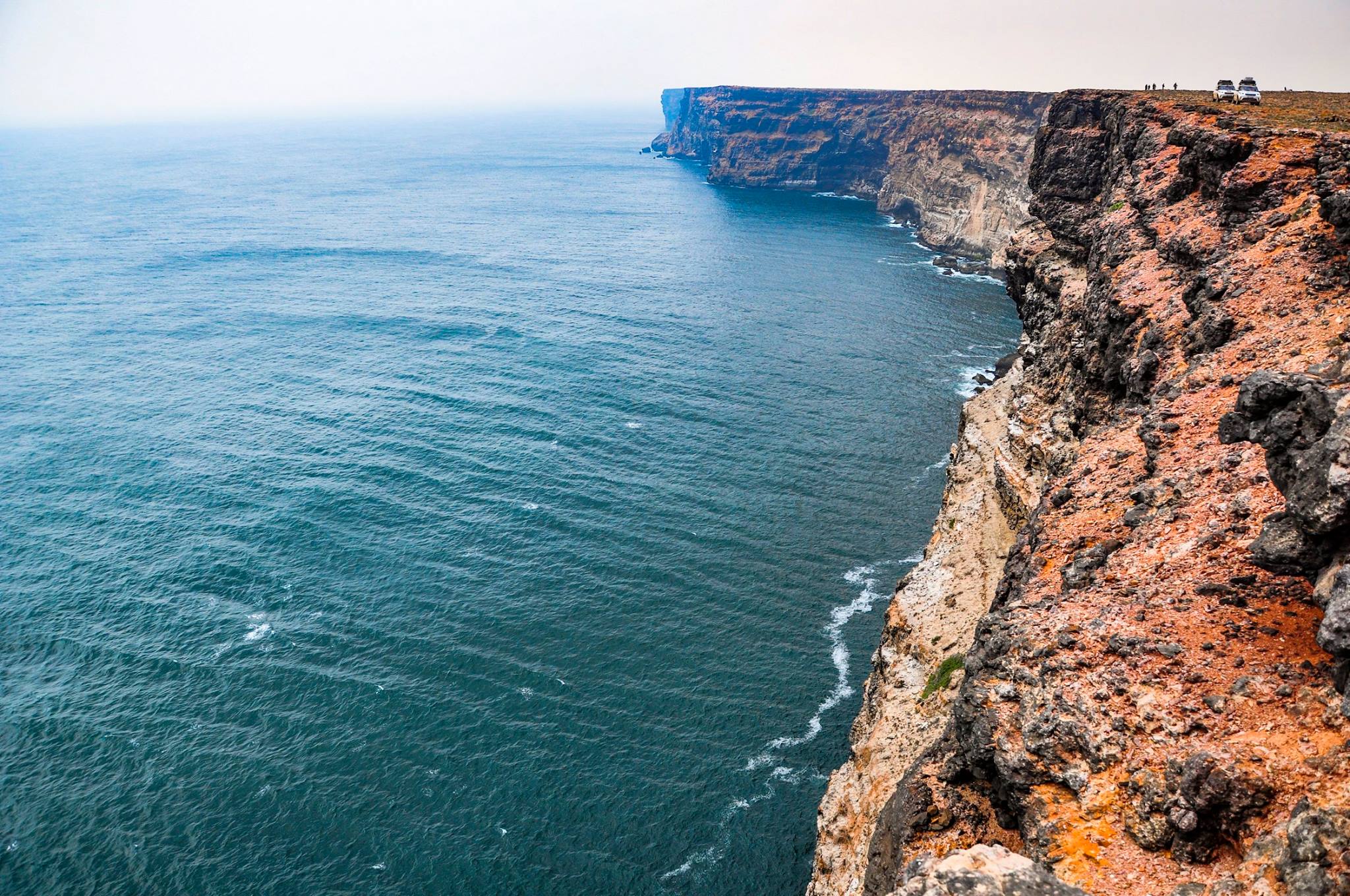-
Content Count
4,182 -
Joined
-
Last visited
-
Days Won
1
Posts posted by Libaax-Sankataabte
-
-
Great interview.
Too bad to hear. Elizabeth always had great respect and admiration for the Somali people.
-
That is great Instinct.Poet. Inshallah I'll watch it when it is possible.
-
The book is very interesting. If you ever get the pleasure of reading our resident scholar Oodweyne's cryptic tirade against "Wanle Weyn", the following passage gives a bit of context.
- Wanle weyn -- Waa tuulo yar oo ku taal jidka u dhaxeeya Afgooye iyo Buur xakaba. Waxa kale oo loo yaqaan Daafeed. Waxay tuuladasi soo caan baxday 1960kii kolkii loo codaynayey xeerkii dalka ee la dejiyey kolkii ay labadii gobol ee Soomaaliya iyo Soomaalilaand la kala odhan jirey isku darsadeen. Tuuladaasi oo aanay dadkeedu badnayn waagaa ayaa la sheegay iney ka codeeyeen 9999 qof. Dadka reer Soomaalilaand oo ka soo horjeedey xeerkaasi ayaa arrintaa aad ula yaabay. Waana kolkaasi marka magaca Walle Weyn uu reer Soomaaliya u baxay. Ereyga wanle dadku aad uma aqoon waxaanay uqaateen in magacu yahay Walle. Arrintu siday doonto ha noqotee,ereyga wan waa caano. Wanle Weynna waa caano weyn ama waa meeshii caanaha badnayd. Magaca magaaladuna maaha Walle Weyn sida ay dad badani u haystaan ee waa Wanle weyn.
-
On 12/4/2017 at 7:45 PM, Instinct.Poet said:my Uncle Ali Matan Hashi
Great to see a picture of young Ali Matan Hashi, Somalia's first pilot. He certainly made the nation proud. Allaha u naxariisto.
-
 2
2
-
-
-
After parading them in public as useful idiots, paranoid Shababi agents could still execute the duo for being "spies". Sad indeed!!
-
 1
1
-
-
-
Here is a picture that was posted on SOL in the past highlighting the man-made disaster on our side of the border.

-
 1
1
-
-
Very impressive documentary indeed!
Somalidu waxay tiraahdaa "Indhayartu ma daalaan", a subtle but snarky way of acknowledging and appreciating Asians' hard work attitude. When you look at today's Korea, you can only admire how the citizens of that nation transformed the country in a very short period. It is an impressive story. I think we have been blessed with a beautiful land but our nation lacks the leadership, morale and “resources" to pull off such a mammoth task.
-
 1
1
-
-

The Libyan Slave Trade Has Shocked the World. Here’s What You Should Know

A video of men appearing to be sold at auction in Libya for $400 has shocked the world and focused international attention on the exploitation of migrants and refugees the north African country.
The footage and subsequent investigation conducted by CNN last month has rallied European and African leaders to take action to stop the abuses. On Wednesday, the leaders of Libya, France, Germany, Chad and Niger and four other countries agreed on a plan to evacuate thousands of migrants stuck in Libyan detention camps.
The grainy undercover video appears to show smugglers selling off a dozen men outside of the capital city Tripoli.
“Does anybody need a digger? This is a digger, a big strong man, he’ll dig,” said an auctioneer, according to CNN. “What am I bid, what am I bid?”The report has drawn attention to an issue that aid and migrant groups say has gone on for years.
Why is there a slave trade in Libya?
Libya is the main transit point for refugees and migrants trying to reach Europe by sea. In each of the last three years, 150,000 people have made the dangerous crossing across the Mediterranean Sea from Libya. For four years in a row, 3,000 refugees have died while attempting the journey, according to figures from the International Organization for Migration (IOM), the U.N.’s migration agency.
The Libyan Coast Guard — supported with funds and resources from the E.U. and more specifically, Italy — has cracked down on boats smuggling refugees and migrants to Europe. With estimates of 400,000 to almost one million people now bottled up Libya, detention centers are overrun and there are mounting reports of robbery, rape, and murder among migrants, according to a September report by the U.N. human rights agency. Conditions in the centers have been described as “horrific,” and among other abuses, migrants are vulnerable to being sold off as laborers in slave auctions.“It’s a total extortion machine,” Lenard Doyle, Director of Media and Communications for the IOM in Geneva tells TIME. “Fueled by the absolute rush of migrants through Libya thinking they can get out of poverty, following a dream that doesn’t exist.”
The IOM said in April that it had documented reports of “slave markets” along the migrant routes in North Africa “tormenting hundreds of young African men bound for Libya.”
“There they become commodities to be bought, sold and discarded when they have no more value,” Doyle said in the April statement.How is Libya handling the crisis?
According to CNN, the U.N.-backed Libyan government has launched a formal investigation into the allegations. But Libya is largely considered a failed state. Since Muammar Gaddafi, who ran the country for four decades, was ousted in 2011, the country has descended into civil war.A transitional government failed to implement rule of law in the country, which has splintered into several factions of militias, tribes, and gangs. In lawless Libya, many see the slave trade and smuggling as a lucrative industry. Tackling the country’s humanitarian crisis will require international assistance.
On Wednesday, Libya reached a deal with E.U. and African leaders to allow the emergency repatriation of refugees and migrants facing abuse in its detention centers. The government also agreed to open a transit center for vulnerable refugees after months of negotiations, according to Reuters. The center is intended to safely house people before they are resettled or sent to a third country.
How is the international community responding?
Following the publication of the video, there was outcry from all corners of the globe, with some nations recalling their ambassadors from Libya. Protesters rallied outside Libyan embassies across Africa and in Europe.
On Wednesday, African and European leaders met at a summit in the Ivory Coast and agreed on an urgent evacuation plan that would see about 15,000 people flown out of Libya. Most of the migrants will be sent back to their home countries. Speaking at the summit, French President Emmanuel Macron, called the abuse “a crime against humanity” and vowed the summit members would “launch concrete military and policing action on the ground to dismantle those networks,” according to the Guardian. The deal also included initiatives to target traffickers, including setting up a task force to dismantle trafficking networks, the BBC reports.
Nigerian President Muhammadu Buhari expressed shock at how his compatriots were being treated “like goats.” On Wednesday, 242 Nigerian migrants were flown out of Libya back to Nigeria.
The day before, the U.N. Security Council held an emergency meeting and said it would be “stepping up its work” to stop the abuses. However, the U.N refugee agency said it faces “dramatic” funding gaps, especially for its operations in sub-Saharan Africa. “Slavery and other such egregious abuses of human rights have no place in the 21st century,” U.N. Secretary-General António Guterres said.
Since 2015, the IOM has repatriated 13,000 people from Libya under a voluntary program. But Doyle, the IOM spokesperson, says more needs to be done to stop migration at its core, particularly from tech companies who own online platforms where traffickers can falsely lure people into paying smugglers.“They’re being completely misled into thinking that’s a happy future for them and being misled thorough social media,” he tells TIME.
Earlier this week, the foreign ministry of Rwanda said it would extend asylum to 30,000 mainly sub-Saharan Africans stuck in Libya. “Given our own history … we cannot remain silent when human beings are being mistreated and auctioned off like cattle,” the foreign ministry said.
U.S. Ambassador to the U.N. Nikki Haley condemned the abuses, saying: “To see the pictures of these men being treated like cattle, and to hear the auctioneer describe them as, quote, ‘big strong boys for farm work,’ should shock the conscience of us all.”
“There are few greater violations of human rights and human dignity than this.” -
It takes generations to change cultural practices. But many Somalis feel the whole anti-FGM campaign has become more of NGO project used by some to achieve fame and financial goals.
-
Still in NYC?
-
Is Cirro going to attend the inauguration?
-
 Congrats.
Congrats.
Nin Waalan, are you related to Nin Yaaban?
-
Thanks for posting this.
Cut any picture of a Somali school kid currently living in the West and paste onto above picture among the kids, and it would fit right in. Beautiful!
-
^ Big J, good to see you Awoowe. Welcome back!
-
If Djibouti's government wasn't corrupt, this tiny Somali nation would reach far. Ismail Omar Gelleh doesn't want to let go of power and as a result of his poor policies and mismanagement, the average Djiboutian is living like a squatter inside crumbling colonial buildings without much infrastructure to show for the fancy "Djibeauty" slogan.
-
On 11/28/2017 at 2:09 AM, YoniZ said:Sababta Odayada miyiga lixdan jir ugu guursadaan minyaro labaatan jir ah waa midaa. Maraq baaskan waa in laga soomiyaa odayadan maalin walba lasoo taagan lacag soo dir reer baa soo siyaaday

That is classic Awoowe. Khayr baa soo kordhay ayay mar walba noo sheegaan.

-
 1
1
-
-
The government making "Mowliid" a public holiday and Ahlusunna holding rallies in big cities are important steps forward in the fight against the Khawarij ideology that caused so much death and destruction in our country.
-
-
This gives everyone the hope that the country is slowing recovering. Let us expand this process and give properties back to the average citizens who don't have famous last names.
-
QuoteYou don't need to understand anything. Somaliland is Somalia and Somalia is Somaliland, it is how we want it to be
There. Fixed it for you Tallaabo.

-
 1
1
-
-
This is a serious crime that needs to be investigated. The man has small kids and this could have been more serious. Hopefully, this incident is not a result of the recent political battles with Noor.
-
Maakhiri, I don't think any Somali politician is "clean", but it is commendable to see a high-level Somali official sincerely making effort to fight corruption.
Did the minister claim he jailed his son? Where is the fair treatment through the normal judicial system?
-
 1
1
-







Mogadishu , the land of the free
in Politics
Posted
Well said Galbeed!!